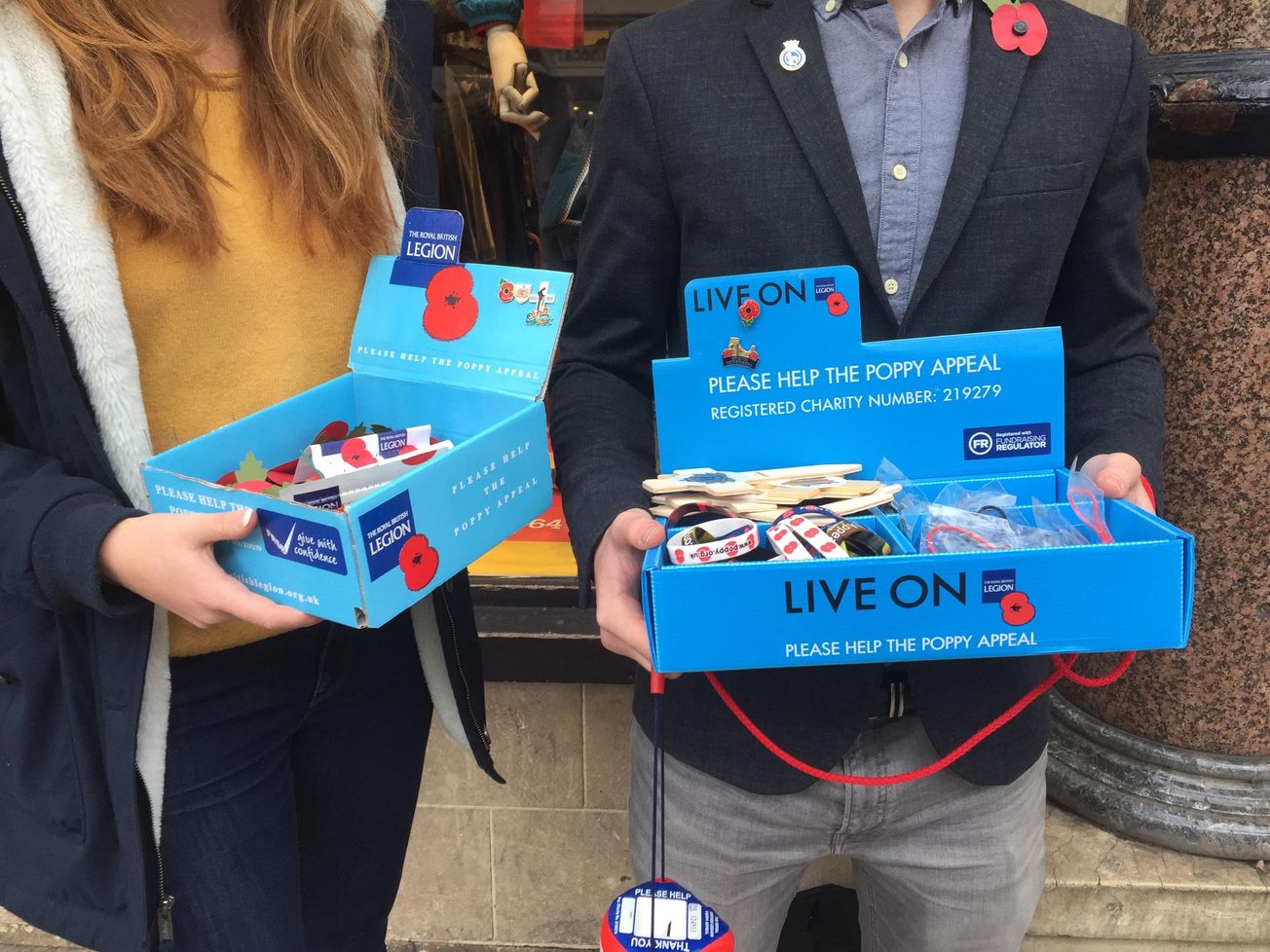By Lewis Richards, First Year Law
The poppy is a sign of respect for those who fought for our freedom, not a political statement. More students must realise this.
In May 1915, John McCrae wrote his highly influential poem ‘In Flanders Fields.’ His description of the poppies blowing in the fields where brave men fought in the First World War began this flower’s rich tradition as a symbol of respectful remembrance.
Almost exactly 100 years later, uproar has ensued across UK university campuses about the validity of such a symbol. Some students have claimed we should stop wearing poppies as they, among other things, glorify war, condone colonialism and exclude non-British victims of conflict.
These people are missing the point.
Poppy fascists killing the poppy - Opinion: For the first time ever this year I won't be wearing a poppy https://t.co/CVfBby5m3k
— David Cheshire #FBPE (@cybercheshired) November 10, 2018
To infer the motivations of people who wear an emblem is in itself misjudged – people wear their poppies for a variety of reasons. The fact that poppies will sometimes be worn by people with whom I disagree is no reason to do away with the emblem altogether. The badge, need it be said, is in the eye of the wearer.
But more importantly, students who claim that the poppy ‘glorifies war’ are completely and utterly misunderstanding the concept of Remembrance Day.
The poppy represents respect for those individuals who have been affected by war and raised over £44.5m for ex-soldiers and their families last year. It doesn’t glorify war – anything but. The Poppy Appeal, to the contrary, offers a sobering reminder of the horrors of conflict and the effect war has on its victims. Students’ donations to the Poppy Appeal help support those people, and that can only be a good thing.

Of course, personal choice should absolutely be respected when it comes to poppies. There is no binary here. Deciding to wear a poppy is a sign of reflection, support and generosity.
However, deciding not to wear one is not in any way a sign of contempt or condemnation towards soldiers and victims of war. Civil disagreement is a rarity nowadays, especially on university campuses, but here I think it’s especially essential. We must, as students, promote mutual respect for the ways we express ourselves in increasingly polarising times.
This Sunday marks the 100-year anniversary of the end of the Great War. Since that time, the poppy has evolved as a symbol and is worn by millions to honour the countless men and women who have died as a result of war. Surely we can agree, even in such a politically divisive climate as our own, that charity and commemoration are a good thing.
War has ravaged families, destroyed lives and had a detrimental effect on countless other facets of our society. Let’s stop politicising issues we should all agree on and come together as one to remember those people. That is what the poppy stands for to me, and I will be wearing mine with pride.
Featured image: Epigram/Will Charley









